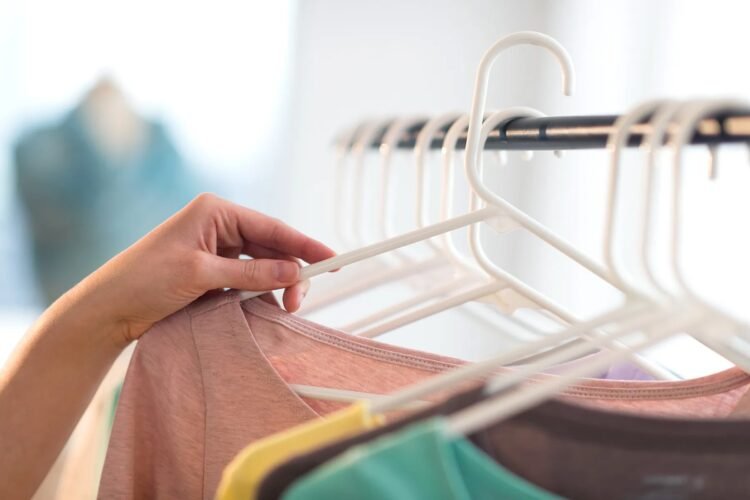Black Entrepreneur Offers Guidance on Eczema
Orleatha Smith is the epitome of a go-getter. Based in Los Angeles, she holds a biology teaching credential and a master’s degree in education, and she’s a published author with books on healthy eating. In addition to being a certified holistic lifestyle and wellness coach, she has significant expertise in e-commerce. During the pandemic, she co-founded Sip Herbals, a gluten-free, acid-free, caffeine-free coffee substitute that quickly became a bestseller.
All of that is impressive on its own, but consider this: “I was born covered head to toe with eczema and have dealt with it for the last 45 years,” Smith shares. “I even spent a month at the Mayo Clinic as a child because my skin became infected.” Today, she says, “I’m proud to say that, as a Black woman, my eczema has almost completely cleared up, except for one small spot on my foot.”
So how does she manage her eczema? Let’s explore Smith’s shopping habits and recommendations, which may help you take control of your own skin condition.
When shopping for clothes, Smith always checks fiber content labels. “I wear cotton 99% of the time,” she explains. “I’m also careful to avoid clothing with too much latex, as it tends to irritate my skin. If I wear synthetic fabrics, I make sure to layer cotton undergarments—like bike shorts and tank tops—to minimize contact between the synthetic material and my skin. Breathable fabrics are a must for me.”
“I also only wash my clothes with unscented detergent and always add baking soda to the wash,” Smith says. “This helps ensure that allergens and irritants from daily outdoor exposure are thoroughly removed from my clothes.”
Makeup is a challenge for Smith, as she hasn’t found a product that feels completely perfect on her skin. However, after some trial and error, she found a favorite brand. “Neutrogena products don’t cause flare-ups for me, as long as I cleanse as soon as I get home,” she says.
“They resist pilling and don’t dry out my skin,” Smith adds. “Plus, they help keep me cool, which prevents itching from overheating.”
Smith recommends examining your own diet to identify foods or drinks that may be affecting your sleep. Are you addicted to caffeine? Do you eat heavy meals at night that cause discomfort or gas? If so, try cutting back, and eventually eliminating them. You may find that better sleep reduces the urge to scratch at night.
When it comes to shopping, Smith loves sharing her go-to products, but she acknowledges that eczema is a highly individual condition. “Remember, we’re all unique, like snowflakes, and what works for one person may not work for you,” she says. “Keep searching for your personal solution.”



